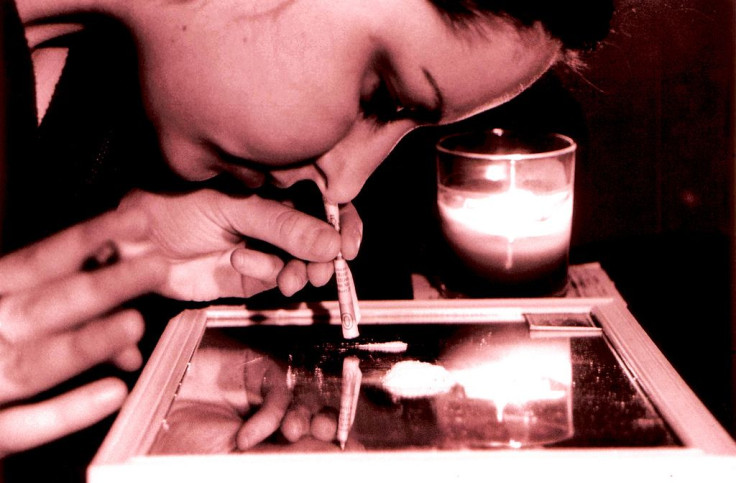Cocaine Effects Include Harm Done To Brain Circuits That Predict Loss

Our ability to learn from our experiences shapes our lives. A new study explores how addiction influences this crucial ability. People addicted to cocaine, say researchers at Icahn School of Medicine at Mount Sinai, continue their habit despite horrible consequences, such as losing a job, because the circuits in their brain responsible for predicting emotional loss have been harmed by drug use.
Most of us learn from both our negative and positive experiences, adjusting our behavior to decrease losses and increase rewards. Reinforcement learning theorists believe, more than other factors, rewards drive our learning and guide our behavior. In particular, these theorists focus on reward prediction errors.
Reward prediction errors or RPEs signal a discrepancy between what you predict will happen in a particular circumstance and the actual reward or loss you experience. Prediction error signals occur in your brain, scientists say, with shifting levels of the neurotransmitter dopamine produced by nerve cells in the midbrain. Your brain produces an increase in dopamine signals when an unpredicted reward is delivered to you. By contrast, your brain decreases dopamine signals when you receive a negative outcome or when a predicted reward fails to happen.
Gambling to Predict a Win
If you become addicted to a drug, its chemical action on your brain is believed to change this reward signaling system. In fact, some scientists suggest addiction helps your brain overlearn drug-related cues while decreasing your brain’s ability to predict rewards. Until now, the proof of this has been shaky, at best. This new study, then, was designed to show how cocaine can damage the reward system of an addict’s brain.
To begin, the researchers enlisted the help of 75 volunteers: 50 cocaine users and 25 healthy participants. Next, volunteers were hooked up to an EEG machine which recorded brain activity while they played a gambling game on a computer. The game was simple: Each person had to guess which one of four doors hid a prize; before each trial began, a numeral (1, 2, or 3) appeared on the screen to indicate how many doors contained a prize. After choosing a door, a question appeared on the screen: “Do you think you won or lost in this trial?” After answering, the gamblers learned their results.
The whole time, researchers ‘listened in’ by watching the EEG needle bounce.
The 50 cocaine users, the researchers quickly discovered, had difficulty computing differences between expected and unexpected outcomes. In fact, unlike the healthy volunteers, their brains did not trigger reward prediction error signals when they experienced worse-than-expected outcomes (such as selecting the only wrong door when three out of four held a prize).
Next, the researchers examined differences among the 50 cocaine users — half had used cocaine within three days of the study and the other half had not. The cocaine addicts who had recently used showed more electrical activity in the brain's reward circuit when they had an unpredicted win compared to a predicted win. This same pattern appeared in the 25 healthy controls. The cocaine users who had not used recently did not show the same level of activity in response to an unpredicted win.
This result, the researchers say, supports the self-medication theory — that users take their drug of choice to normalize a specific cognitive function, in this case reward prediction error signaling. Best case, this new study helps scientists create better interventions for helping addicts quit their drug of choice.
Source: Parvaz MA, Konova AB, Proudfit GH, et al. Impaired Neural Response to Negative Prediction Errors in Cocaine Addiction. The Journal of Neuroscience. 2015.



























